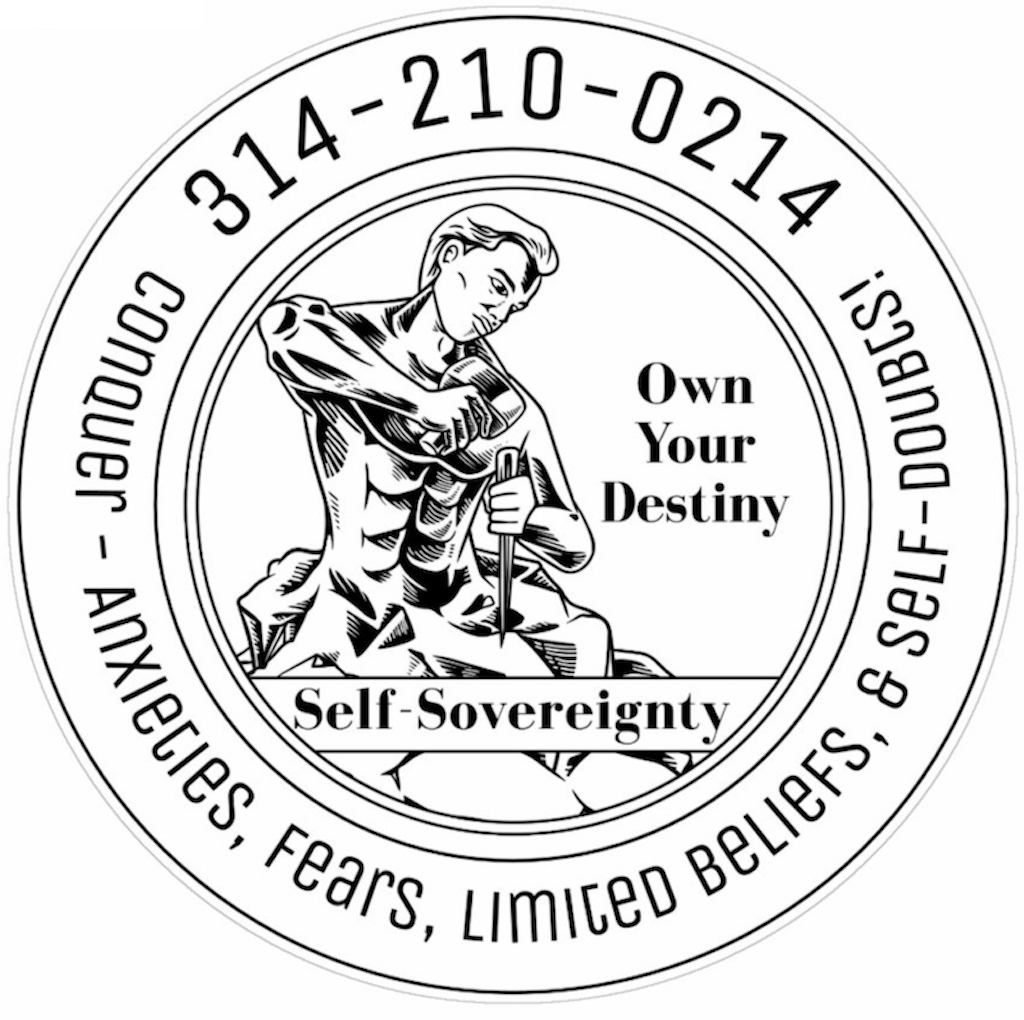Shame is defined as a feeling of humiliation or distress caused by the consciousness of wrong or foolish behavior. With shame, you believe your whole self is wrong. According to Dr. Brene’ Brown, “Shame is a focus on self.”
In a recent article, Kristalyn Salters-Pedneault PhD, a clinical psychologist and associate professor of psychology at Eastern Connecticut State University explains, “Evidence is increasing that serious problems can occur when shame gets deeply woven into a person’s self-image and sense of worth.”
Feelings of shame can often come from other people. The actions, words, or expressions of others can be purposefully used as triggers to evoke emotional feelings of shame. Just as a computer virus can quickly spread from a single application to adversely affect the entire eco-system of a computer, shame can have a devastating effect on one’s core beliefs, feelings of purpose, and self-esteem. If left unchecked, feelings of shame can and lead to a personal sense of worthlessness.
Humiliation is defined as the action of humiliating someone or the state of being humiliated. According to Dr. Brene’ Brown, “Humiliation results in the same physiological response as shame except that you don’t believe you deserve the treatment.” Thus, humiliation may cause a temporary feeling of embarrassment, but does not affect the long-term feelings of self-esteem or self-worth.
Guilt is more directed to actual behaviors. A good friend of mine describes guilt as a gift from GOD. He explains guilt is an important part of our divine-self, instilled from GOD to serve as an internal beacon or guide post for our daily actions and behaviors.
To maintain a healthy mindset, one must understand the differences between shame, humiliation, and guilt. Life is messy. We’ve all been on the receiving end of hurtful actions, expressions, and words. How we deal with each situation at the emotional level makes all the difference in our mental health and happiness. And just as an anti-virus software can protect a computer from corruption, our character strengths can protect us from the misguided emotions that can affect our well-being. And a strong understand of our core beliefs, and a willingness to change our beliefs at the subconscious level, will help harden our character strengths.
Conversely, it’s equally important that we take stock in our own actions and interactions with others. We must treat others with the same level of respect we would expect to receive. We all make mistakes in life, do stupid stuff or say things that may be inappropriate or hurtful. When we do, we must be willing to make the necessary amends. Whether intentional or not, we will no doubt hold a feeling of guilt when our actions and behaviors do not align with or core beliefs, principles, and values. Our ability to make amends is the mechanism to remove the guilt and re-align our self with of divine-self and higher power.
At Self-Sovereignty, we believe each of you have the ability to achieve a health mindset and inner peace. However, you must be willing to do the work to constantly improve who you are, to become who you want to be. We believe each of you have the ability to Own Your Destiny, and the power to Build a Better You.
But you must be willing to do the work, because The Answer is Within You.

I like reading an article that can make people think. Also, thanks for permitting me to comment!| Corina Gearalt Amand
Thank you for your comment. I’m glad you enjoyed the article!